Considering induction?
pammo
16 years ago
Related Stories
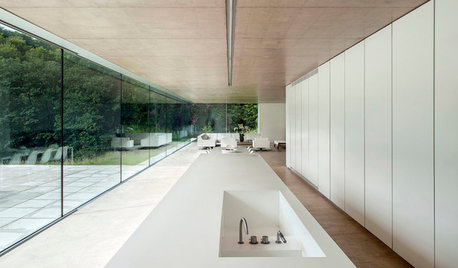
KITCHEN ISLANDSWhat to Consider With an Extra-Long Kitchen Island
More prep, seating and storage space? Check. But you’ll need to factor in traffic flow, seams and more when designing a long island
Full Story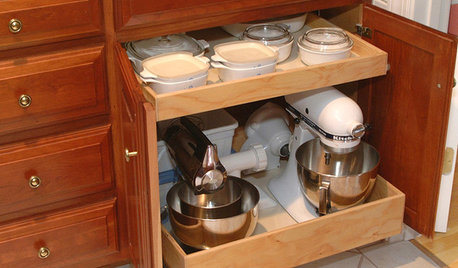
KITCHEN APPLIANCESConsidering a New Kitchen Gadget? Read This First
Save money, time and space by learning to separate the helpers from the hassles
Full Story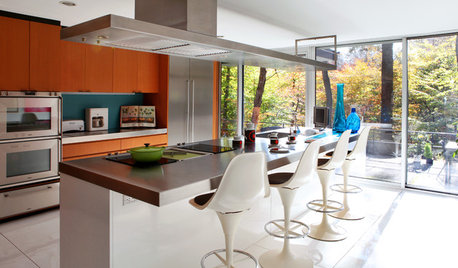
KITCHEN APPLIANCESLove to Cook? You Need a Fan. Find the Right Kind for You
Don't send budget dollars up in smoke when you need new kitchen ventilation. Here are 9 top types to consider
Full Story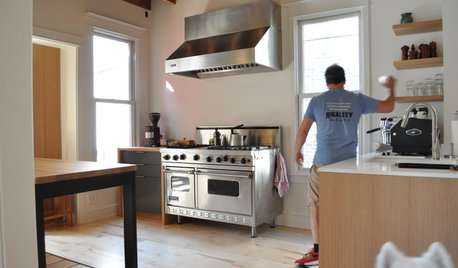
KITCHEN DESIGNPro Chefs Dish on Kitchens: Paul Kahan Shows His Urban Sanctuary
Peek inside Kahan's newly redone home kitchen and learn what he considers most important for a cooking space
Full Story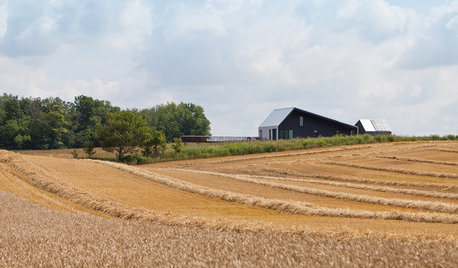
GREEN BUILDINGOff the Grid: Ready to Pull the Plug on City Power?
What to consider if you want to stop relying on public utilities — or just have a more energy-efficient home
Full Story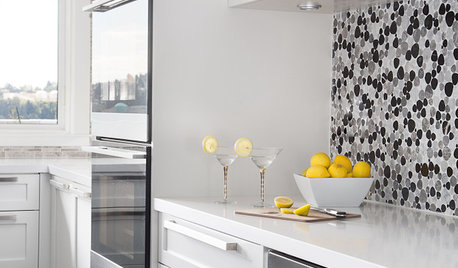
KITCHEN DESIGNNot a Big Cook? These Fun Kitchen Ideas Are for You
Would you rather sip wine and read than cook every night? Consider these kitchen amenities
Full Story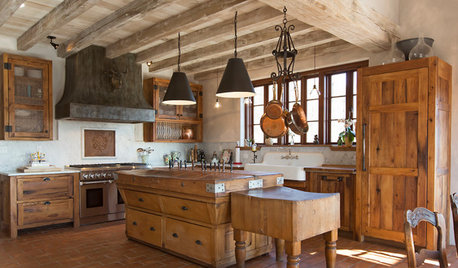
KITCHEN DESIGN15 Unforgettable Kitchen Ideas
Want to create a memorable space? Consider one — or all — of these design elements
Full Story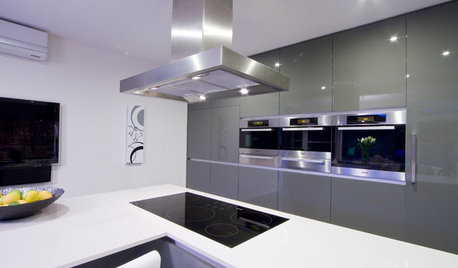
KITCHEN APPLIANCESFind the Right Cooktop for Your Kitchen
For a kitchen setup with sizzle, deciding between gas and electric is only the first hurdle. This guide can help
Full Story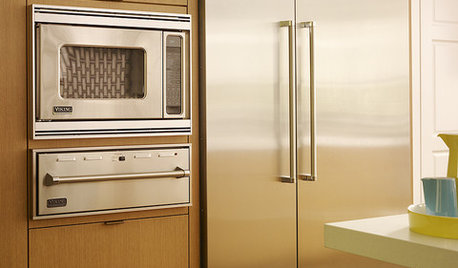
KITCHEN DESIGNA Cook’s 6 Tips for Buying Kitchen Appliances
An avid home chef answers tricky questions about choosing the right oven, stovetop, vent hood and more
Full Story
FURNITUREMilo Baughman: The Cary Grant of Furniture Design
Sensuous and sophisticated, the midcentury designer’s chairs, sofas, credenzas and more are classics in high demand
Full Story



sdionnemoore
velodoug
Related Discussions
Can a griddle addict love induction?
Q
Gas To Induction Regrets?
Q
Help with advantium and induction choices
Q
Experience flush mounting Meile induction cooktop in quartz countertop
Q
sleepyhollow
canuck99
carguy60
canuck99
pammoOriginal Author
cj47
duluthjeff
sleepyhollow
canuck99
fenworth
canuck99
pupwhipped
cj47
fenworth
pecanpie
jakkom
klaa2
dude1
sleepyhollow
fenworth
cj47
pecanpie
elizpiz
Zoe52
tommmy2007
chipshot
lastochka
sleepyhollow
plllog
livingthedream